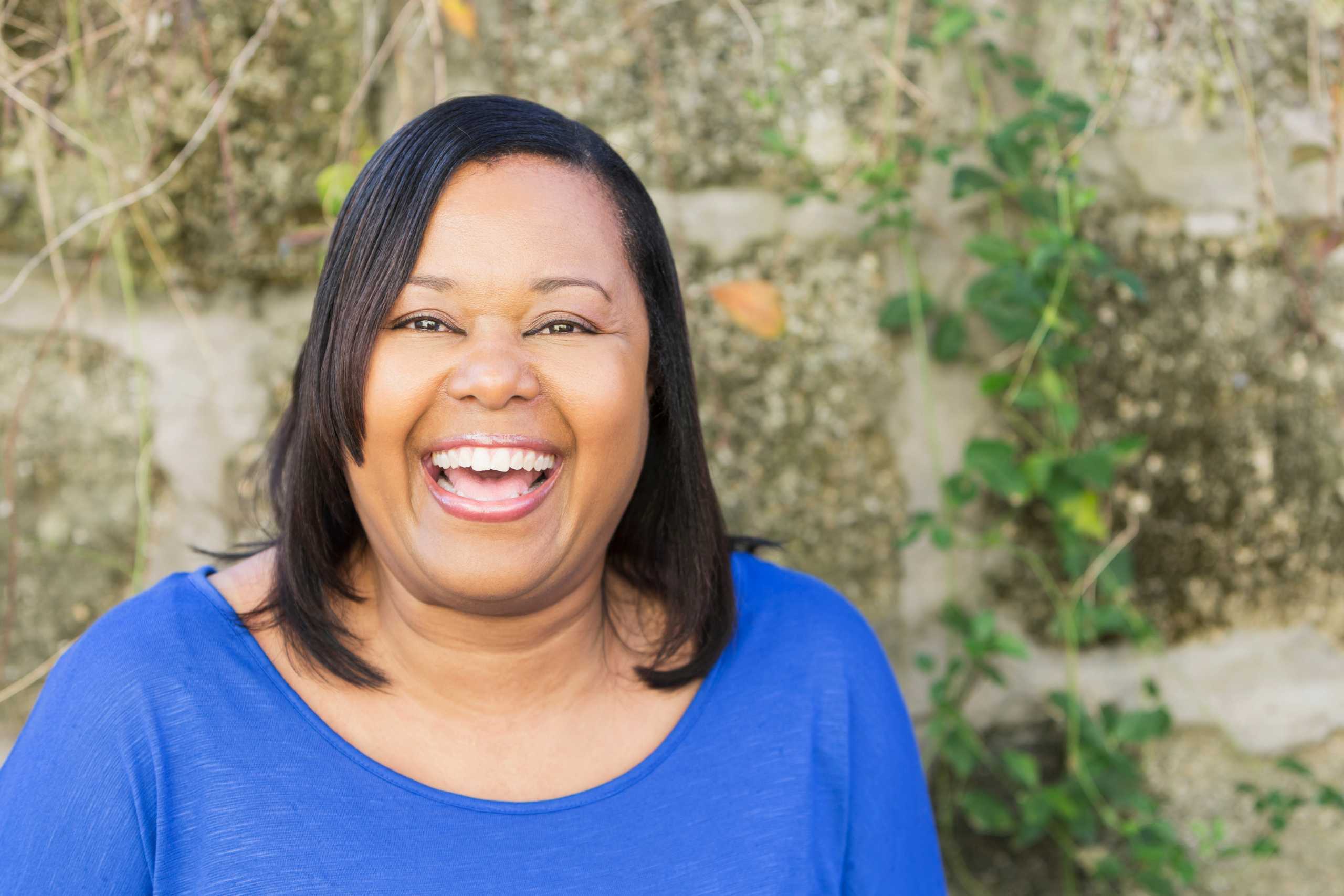Internal hemorrhoids are swollen veins in the lower rectum. These cushions of veins are always present and play an important role in the body, helping to protect the skin during a bowel movement and prevent fecal leakage.
Problems with internal hemorrhoids develop when the veins undergo too much pressure from straining or exertion, causing them to become enlarged and inflamed.
Once this happens, they can cause bleeding, itching, and general discomfort. Internal hemorrhoids can also become prolapsed or even strangulated if they slip out of the anal canal, causing severe pain. It’s also possible to develop a blood clot in an internal hemorrhoid or to have problems with chronic blood loss and anemia if the hemorrhoid doesn’t go away.
Knowing the causes of internal hemorrhoids can help you prevent them from developing. After treatment, understanding these causes is also key to preventing a recurrence.
Internal hemorrhoids result from increased pressure in the abdominal area, which prevents blood from flowing away from the cushions of veins after they naturally fill with blood during a bowel movement.1
The pressure can be rooted in an underlying medical condition, such as an enlarged prostate that forces a person to strain during a bowel movement. Likewise, the extra pressure placed on this region of the body during pregnancy or due to obesity can cause internal hemorrhoids to develop.
Further problems like hard stools can damage tissue in the area of the hemorrhoids, causing bleeding, and sitting for too long can worsen symptoms.
Ultimately, several factors often influence internal hemorrhoid development. Here are some of the most common causes.
When stools are hard because of a low-fiber diet, there’s more pressure placed on the veins around the rectum and anus. Straining during exercise, such as heavy lifting, has the same effect.
Constipation is often caused by diet (not enough fiber or too many processed, high-fat foods), dehydration, and a lack of exercise. When someone is constipated, the stool can be hard and lumpy, making it more difficult to pass a stool and leading to increased straining and pressure.
Sitting for long periods when traveling, sitting at a desk to work, or as a lifestyle habit slows circulation or causes blood to pool in the veins. As a result, blood isn’t flowing freely to and from the veins in the rectum and anal canal. This can exacerbate swelling and inflammation.
A developing fetus and the intense straining necessary to give birth can put pressure on pelvic veins. Also, during pregnancy, the hormone progesterone relaxes veins to accommodate the need for increased blood flow, which can lead to more swelling.
Excess weight puts pressure on the veins in the rectal area. This ongoing pressure can cause more swelling and inflammation. Studies show that an increase in body mass index (BMI) increases the risk of developing hemorrhoid disease by 3.5%.2
Regular exercise improves circulation and strengthens pelvic and lower back muscles. On the other hand, a lack of physical activity can lead to constipation and increase the chances of internal hemorrhoids getting worse or recurring.
If you have internal hemorrhoids, you can manage symptoms with at-home therapies such as sitz baths, fiber supplements, and exercises that won’t cause straining, like walking, swimming, and gentle yoga.
Persistent internal hemorrhoid symptoms warrant a visit with the doctor. Leaving hemorrhoids untreated can lead to worsening symptoms and more serious complications.
Internal hemorrhoids can be treated with non-surgical procedures that alleviate symptoms without damaging rectal tissue. USA Hemorrhoid Centers offers hemorrhoid artery embolization (HAE), an effective, non-surgical treatment with a quick recovery. Our expert hemorrhoid doctors can evaluate your symptoms and recommend a personalized treatment plan to help you feel better.
Internal hemorrhoids are caused by pressure from straining, being overweight, or pregnancy. All of these factors can stress the cushions of veins around the lower rectum, causing them to become swollen and inflamed.
Pressure from straining can cause internal hemorrhoids to get worse.
Unless the internal hemorrhoids are prolapsed, meaning they have fallen outside of the anal canal, they aren’t painful. However, internal hemorrhoids can become aggravated when straining during a bowel movement or sitting for long periods, causing irritation, discomfort, and bleeding.
The best way to prevent internal hemorrhoids from developing is to avoid putting pressure on the rectum.
Eating a high-fiber diet and drinking plenty of water can reduce constipation, preventing straining during a bowel movement. Avoiding sitting for long periods and getting regular exercise can keep blood flowing, helping to prevent the veins in the rectum or anus from becoming swollen.
Internal hemorrhoids can go away on their own, especially if the factors that may have caused hemorrhoids are addressed. However, if symptoms don’t improve after a week, see a doctor about treatment.
An experienced hemorrhoid specialist can evaluate your symptoms, determine if they’re caused by internal hemorrhoids or another medical condition, and recommend the best treatment to help get rid of internal hemorrhoids.
I am so glad to have gone to USA Hemorrhoid Centers. My experience has been amazing. The staff are all so friendly but professional. The doctor is wonderful and in his professional manner makes you very comfortable and explains anything you have questions about. So very happy.

USA Hemorrhoid Centers all staff were incredible. They communicated throughout and checked in frequently to ensure I was as comfortable as possible. I am happy I chose to get the treatments and look forward to the improvements.

I am so glad to have gone to USA Hemorrhoid Centers. My experience has been amazing. The staff are all so friendly but professional. The doctor is wonderful and in his professional manner makes you very comfortable and explains anything you have questions about. So very happy.

USA Hemorrhoid Centers all staff were incredible. They communicated throughout and checked in frequently to ensure I was as comfortable as possible. I am happy I chose to get the treatments and look forward to the improvements.

Skip the wait times! Scheduling at your fingertips, 24/7. Our doctors who perform Hemorrhoid artery embolization are experienced interventional radiologists with expertise in vascular anatomy.
USA Hemorrhoid Centers

Quick Links